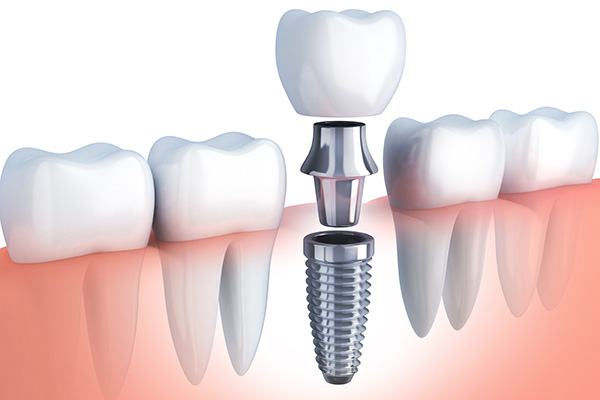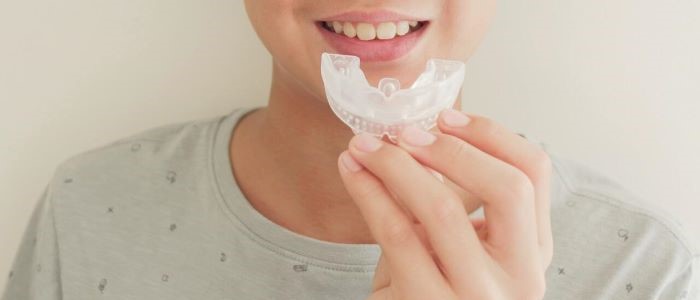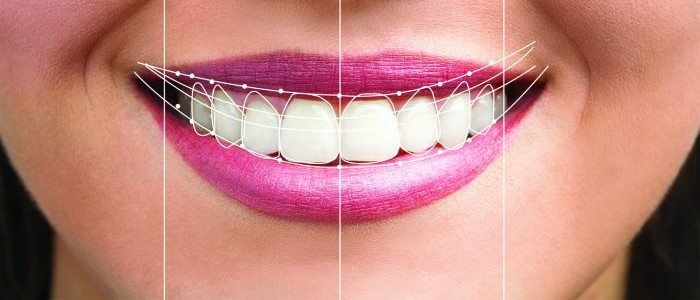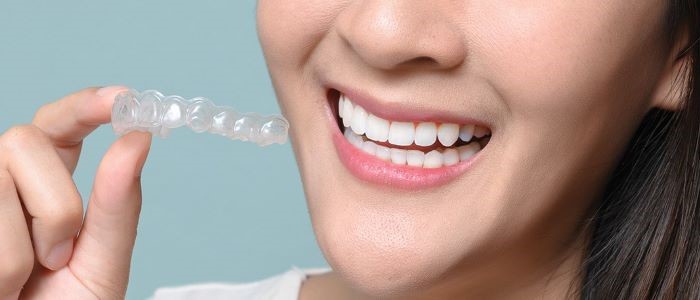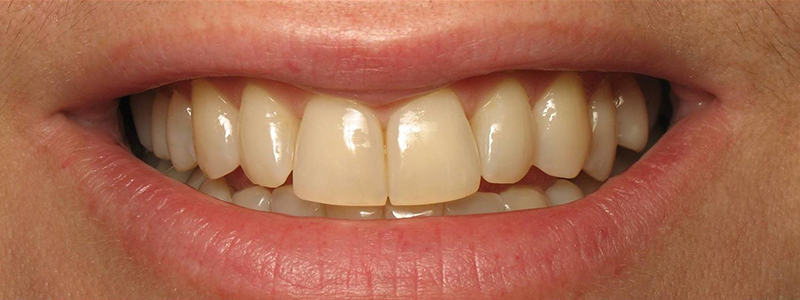Losing baby teeth is a significant milestone in every child’s life, marking the transition from infancy to childhood. While the Tooth Fairy tradition is a classic way to celebrate this event, there are many other creative and magical ways to make the experience memorable for your child.
Create a Tooth-Loss Tradition:
Instead of simply waiting for the Tooth Fairy to visit, consider creating your own unique tooth-loss tradition. For example, you could have a special “Tooth Fairy Box” where your child can place their lost tooth. Decorate the box together and add a personalized touch to make it extra special. You could also have a special family ritual, such as reading a favorite story or singing a tooth-themed song, to mark the occasion.
Write a Letter to the Tooth Fairy:
Encourage your child to write a letter to the Tooth Fairy along with their lost tooth. In the letter, they can share their excitement about losing a tooth, ask questions about the Tooth Fairy’s magical world, or even make special requests for their tooth exchange. Writing a letter adds an extra element of anticipation and personalization to the experience.
Make a Tooth-Loss Scrapbook:
Start a tooth-loss scrapbook to document each lost tooth and the special memories associated with it. Take photos of your child holding their lost tooth, write down any funny stories or anecdotes, and include any notes or drawings they make for the Tooth Fairy. This keepsake will become a cherished memento of their childhood and the magical moments they shared with the Tooth Fairy.
Plant a Tooth Garden:
Turn losing a tooth into a gardening adventure by planting a “tooth garden” together. Choose a small pot or container and fill it with soil. Have your child place their lost tooth in the soil and plant a special seed or flower on top. As the plant grows, it will serve as a living reminder of the magic of childhood and the passage of time.
Losing baby teeth is an exciting and magical time for children, and there are countless ways to make the experience even more memorable. Whether you’re creating your own tooth-loss tradition, writing letters to the Tooth Fairy, or planting a tooth garden, the key is to add a touch of creativity and imagination to the experience. By making losing baby teeth a magical event, you’ll create cherished memories that your child will treasure for years to come.
At Studio Dentale, Dr. Nikita Agarwal and her team are here to guide you and your child through every stage of their dental journey, ensuring healthy smiles and joyful moments along the way!




